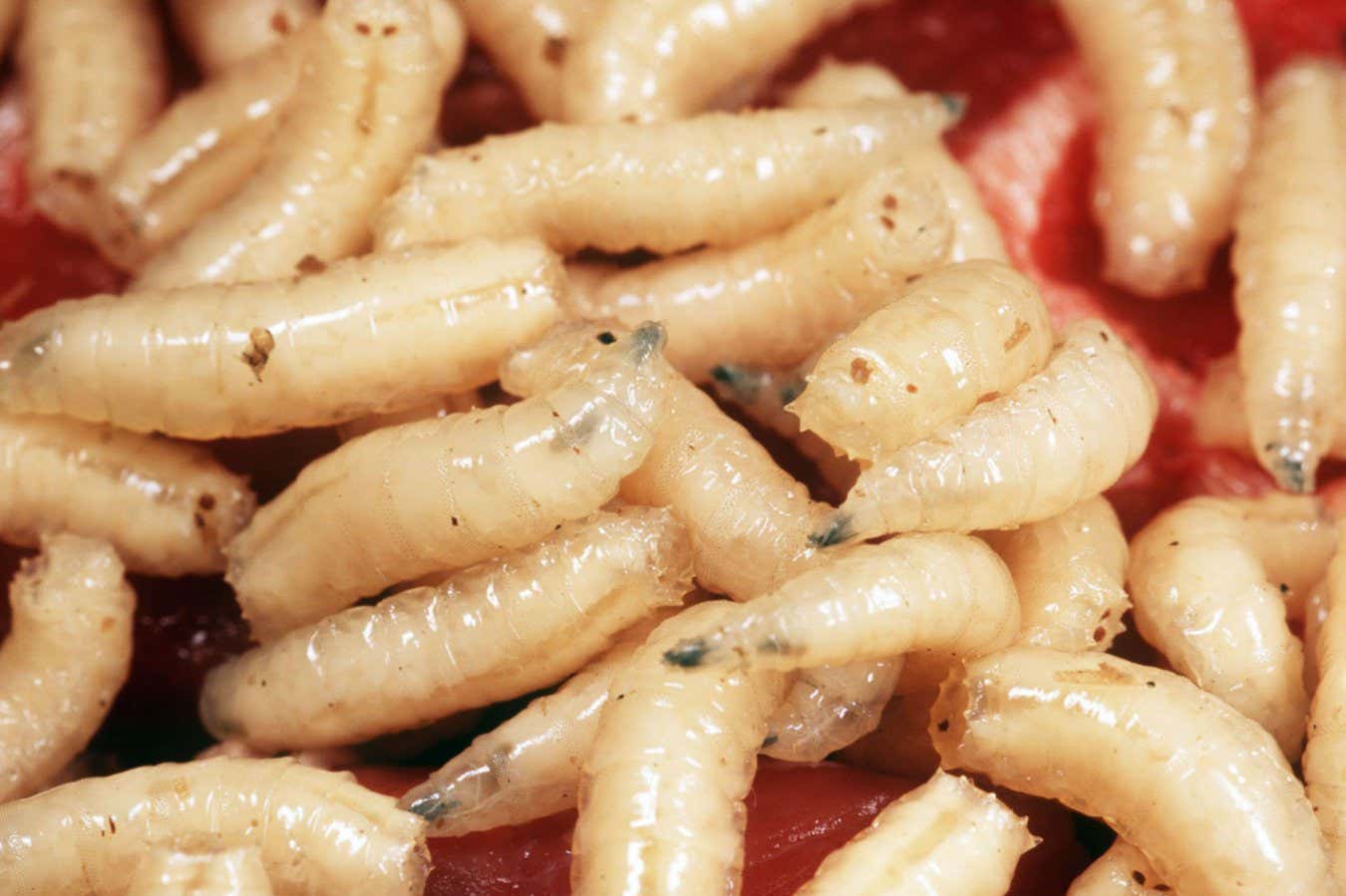Now Reading: Frenemies Might Be Accelerating Your Aging, Study Finds
-
01
Frenemies Might Be Accelerating Your Aging, Study Finds
Frenemies Might Be Accelerating Your Aging, Study Finds

Swift Summary
- Strong social relationships are linked to better longevity, while negative or ambivalent ties may accelerate aging.
- A study led by Byungkyu Lee at new York University analyzed the impact of “hasslers” in social networks on biological aging through DNA methylation marks.
- Over 50% of adults surveyed reported having at least one “hassler” among close contacts.
- having a “hassler” was associated with an average acceleration in biological aging by 0.5%, equivalent to making someone’s biological age about 2.5 months older than their chronological age.
- chronic stress from negative relationships may trigger inflammatory responses and impair immune system functioning.
- Ambivalent relationships,involving both support and conflict,could cause more damage than outright bad relationships due to inconsistent dynamics.
- Alex Haslam of the University of Queensland notes that overall group belonging might have a greater impact on health compared to individual relationship quality.
Indian Opinion Analysis
The study highlights the substantial influence that social relationships can have on physical health and the aging process,possibly as significant as lifestyle factors like smoking or lack of exercise. For India-a nation steeped in collectivist values where close-knit familial and community ties are prevalent-this research carries implications for public health awareness campaigns around mental health and wellness. With increasing urbanization and nuclear family structures leading to evolving relationship dynamics, fostering healthier interpersonal connections will become crucial for societal well-being alongside customary healthcare initiatives such as anti-smoking efforts or fitness programs.

























